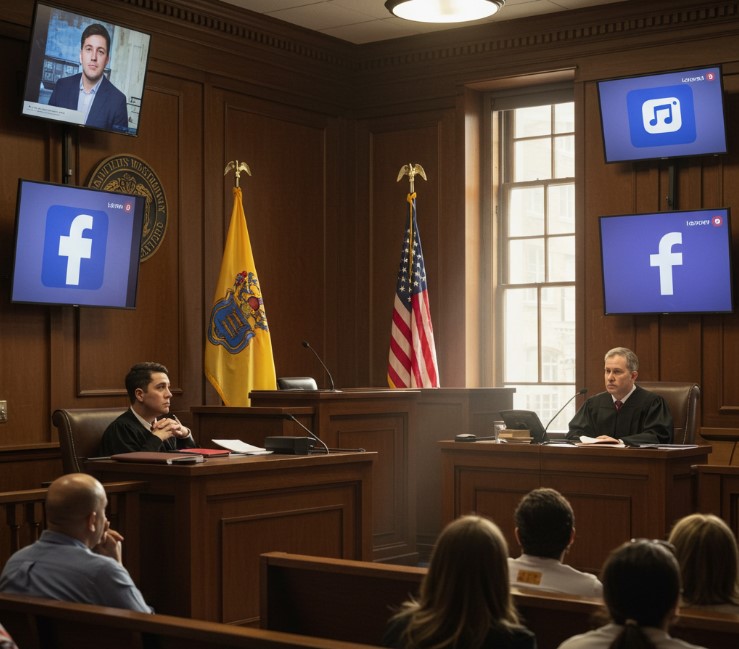Football, that is. Fantasy Football.
Once upon a time people watched sports and cheered on their favorite teams. Then rotisserie baseball was born and everything changed. The Yankees may have been your favorite team, but whether they won or lost became less important than how your fantasy baseball lineup performed that day.
Then came fantasy football. Easier than baseball because there were fewer games and you could get by focusing on it only on weekends. And football is big. So big that fantasy football quickly and decisively outpaced other fantasy sports. How big is fantasy football? Just observe fantasy football players watch the Red Zone channel on any given Sunday instead of their favorite team’s game. It is that big.
But back to the topic.
So anything as big as fantasy football is going to attract the attention of government. In June this year, New Jersey’s Senate Budget and Appropriations Committee recommended legislation requiring that permits be obtained to be able to offer fantasy sports to the public. (Bill S-1927). Apparently, one of the reasons for so doing is that the industry is unregulated and the government in New Jersey believes it needs to step in to protect its citizens from somehow overindulging in what some people believe is gambling and others do not. The Statement to the Bill indicates in part:
This bill provides that the Department of Law and Public Safety will issue permits to casino licensees and other business entities that desire to conduct daily fantasy sports games in New Jersey and will be responsible for regulating that activity. The department will charge each participating casino or daily fantasy sports provider a permit fee in an amount sufficient to cover the department’s cost in issuing daily fantasy sports permits and overseeing the conduct of such games. (emphasis supplied).
Meanwhile, legislation has recently been passed in New York State legalizing and regulating fantasy sports companies like FanDuel and DraftKings. (S.8153/A.10736). New York also seems to wish to protect its citizens from having an unregulated good time.
Or, do New Jersey and New York see the possibility of significant revenue from fees generated by permits and other regulations on fantasy sports? New Jersey was fighting the battle in the U.S. Court of Appeals for the Third Circuit to legalize sports betting. That effort failed. The next step may be the United States Supreme Court. Success there could mean additional income for the State and provide a shot in the arm for locations such as Monmouth Park. Only time will tell.
But, in the meantime, make sure you are prepared for your fantasy football draft. Good luck.













